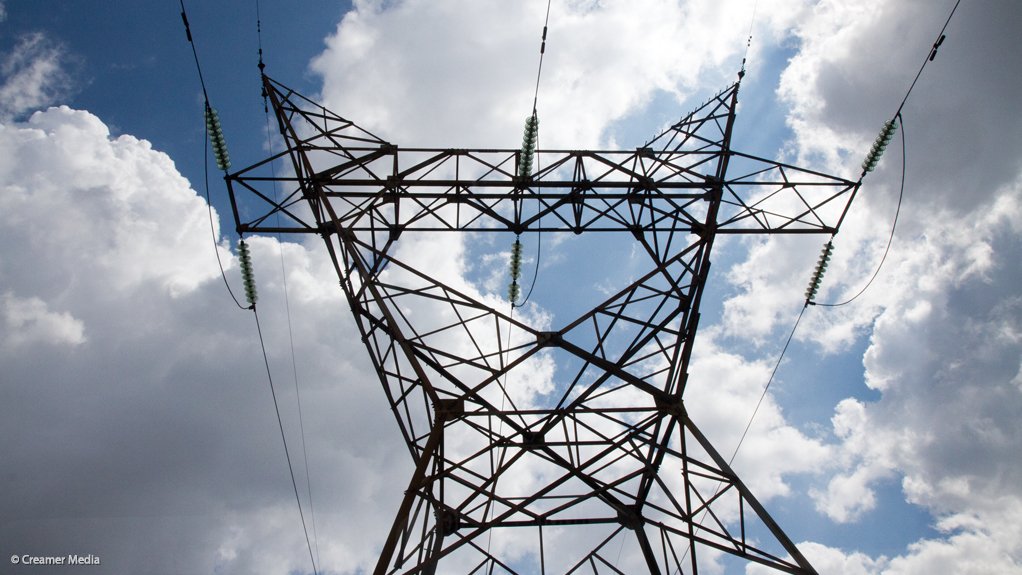The World Bank has approved a $1-billion development policy loan to support electricity market reforms under way in the country, as well as South Africa's low-carbon transition.
As a development policy loan, the funding will be directed to the National Treasury, which immediately indicated the timing of the loan to be opportune, although no details were immediately provided regarding the loan’s terms or its concessionality.
“This operation comes at a crucial time for South Africa as it will provide much needed fiscal and technical support, enabling us to pursue our policy priorities in the energy sector including easing the electricity crisis in the long term, stimulating private sector engagement and creating jobs in the renewables space,” deputy director-general for asset and liability management Mmakgoshi Lekhethe said in a statement confirming the loan.
It is the third policy loan extended since the conclusion of a Just Energy Transition Partnership with several developed countries, with the French and German development banks, AFD and KfW respectively, having extended €300-million apiece in November last year.
The loan was a collaborative effort between the World Bank, the African Development Bank, KfW and the government of Canada and the World Bank said it had been informed by South Africa’s development priorities, including the Energy Action Plan to tackle loadshedding and the Just Energy Transition.
The funding would support reforms in the electricity market, as well as decarbonisation efforts, and World Bank country director for South Africa Marie Francoise Marie-Nelly argued that the reforms would benefit the economy and the environment, while also advancing the energy transition.
The approval comes amid South Africa’s worst-ever year for loadshedding, which has severely undermined growth and confidence, with the rotational cuts of 2022 (the previous most intensive year for power disruptions) having shaved an estimated 2% to 3% from gross domestic product.
The bank said the funding would facilitate a restructuring of the power sector through the unbundling of Eskom and support a redirecting of resources toward investments in transmission and plant maintenance.
“Second, the operation supports a low carbon transition by encouraging private investment in renewable energy, including by households and small businesses, and strengthening carbon pricing instruments.”
South Africa, the bank highlighted, was amongst the world’s top 20 greenhouse gas emitters, with 45% of those emissions arising from the coal-based electricity sector.
The World Bank announcement followed recent confirmation by the South African government that it had received additional pledges, worth nearly $3.5-billion, in support of its Just Energy Transition Investment Plan (JET IP), increasing the overall envelope of concessional debt and grant funding to $11.9-billion.
It also comes ahead of the approval of the JET IP implementation plan, which is expected to serve before Cabinet ahead of the upcoming COP28 climate talks to be held in Dubai, United Arab Emirates from November 30 to December 12.
EMAIL THIS ARTICLE SAVE THIS ARTICLE ARTICLE ENQUIRY
To subscribe email subscriptions@creamermedia.co.za or click here
To advertise email advertising@creamermedia.co.za or click here











